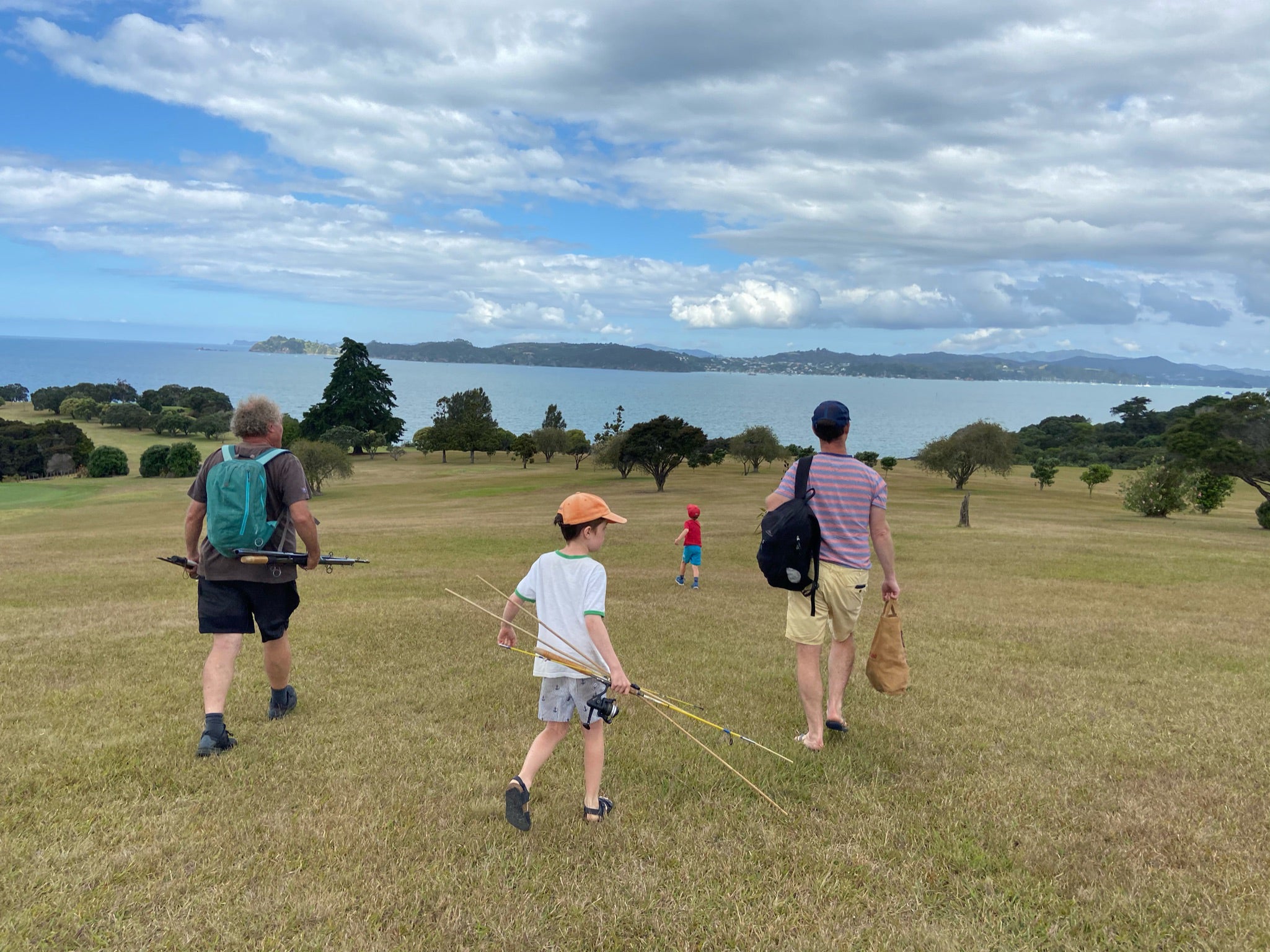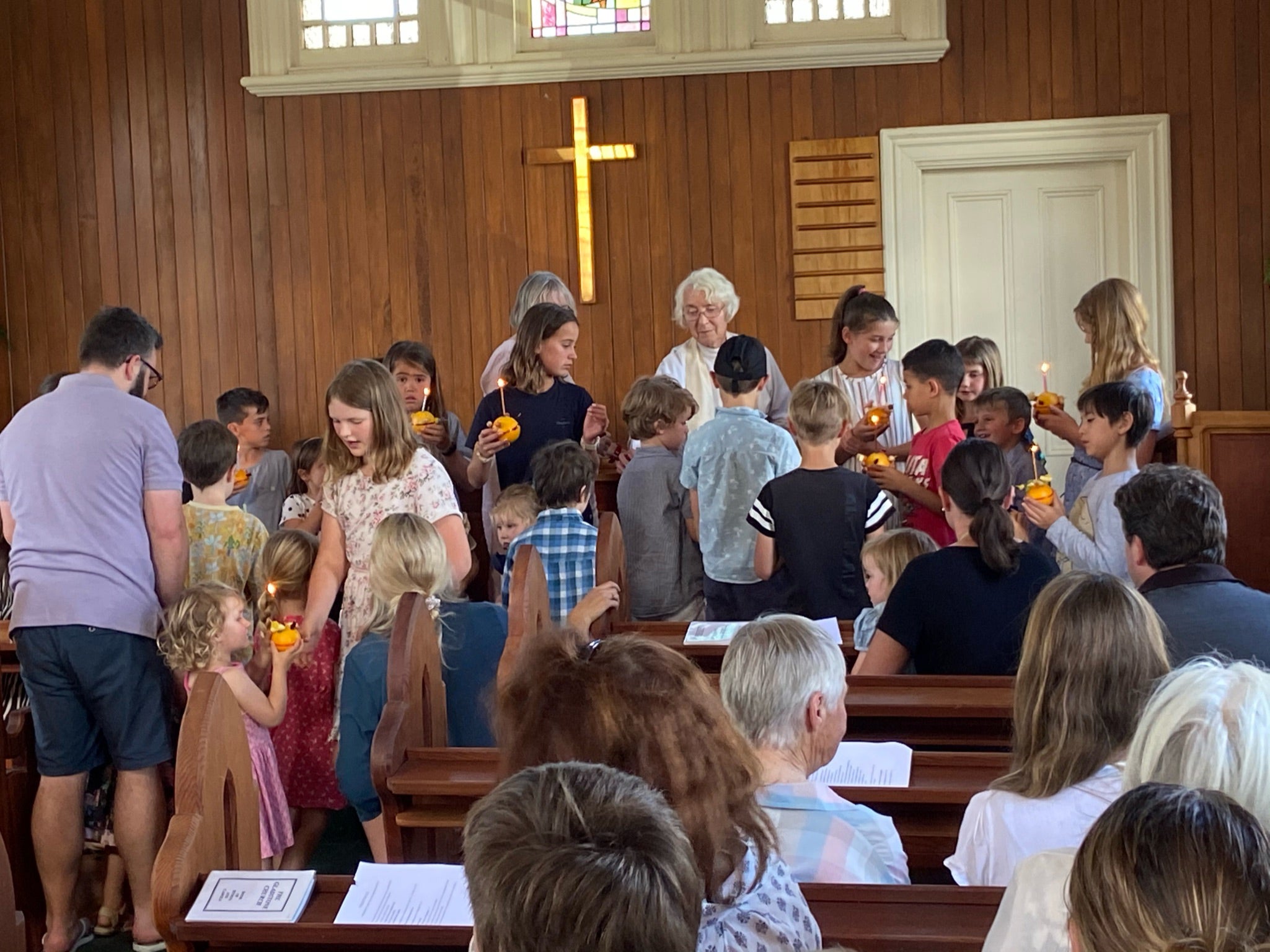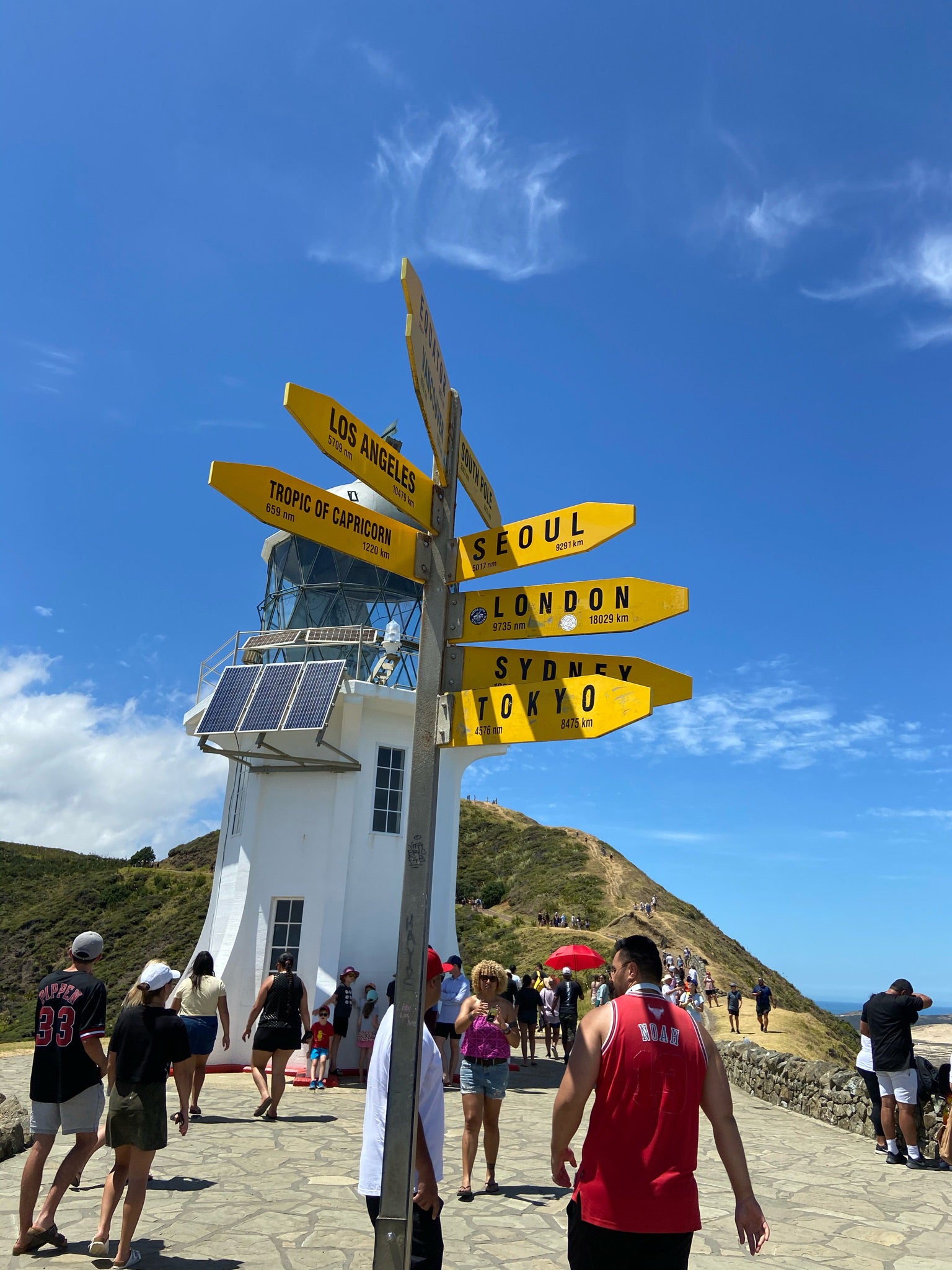My pandemic-free adventure in a bizarrely normal New Zealand
Virus? What virus? Rachel Pannett was lucky enough to go to the Pacific island nation that has largely kept clear of Covid

The flight attendant proffered a glass of bubbly. I glanced at my watch: 9.45am “A little too early for me,” I said. “Never mind,” she replied. “I’ll put it on ice for you.”
Late last year, while much of the world was wondering whether it was safe to step outside the door, my family embarked on an activity largely unthinkable on this side of the globe: an international vacation.
Two-thirds of destinations worldwide are completely or partially closed to international tourism, according to a report published by the United Nations World Tourism Organisation, as the emergence of new coronavirus variants has led many countries to retighten restrictions.
Border closures are most prevalent in the Asia-Pacific region. So while US Senator Ted Cruz was able to jaunt to Mexico recently, across the Pacific, similar journeys are a relic of a halcyon age when few of us knew the colour scheme of our manager’s living room.
Australia closed its border a year ago and requires a two-week stay in quarantine hotels for returning nationals. Officials recently extended a ban on Australian citizens leaving the country through mid-June and indicated the border is unlikely to fully reopen this year.
Our family managed to thread the needle on some of the world’s toughest travel rules because of an unusual set of circumstances: we hold multiple citizenships, including New Zealand and Australian passports, and we were visiting an ill relative in the former, so we were granted an exemption to leave Australia. I had just finished up a job, and our school-aged children were beginning their summer vacation Down Under, so we had time to spare if our plans came unstuck.
The in-flight experience, aside from wearing masks, recalled the glamour – and legroom – of the golden age of air travel. There were four flight attendants for just 11 passengers, seated many rows apart.
It had been nine months since I had been on a plane; it was a crammed 45-minute commuter run to Canberra, the Australian capital. This time, I spent three hours glued to the window, marvelling at the wonder of flying. And, I drank the bubbly.

The one downside on arrival was two weeks’ mandatory quarantine, which we passed in a daze of Netflix and imaginative activities dreamed up by our two young boys. One afternoon, they designed a sports tournament around events that, while raucous, would stop short of destroying the hotel room. Rows of water bottles and a rubber ball became an indoor bowling alley; a balloon made a passable stand-in for a soccer ball.
On day five, our 9-year-old said he had figured out an escape route: the main driveway was heavily guarded. But there was another gate at the end of a walkway, unmanned, and the barrier – metal gates of the kind used at music festivals – could easily be prised open. “Granddad could meet us there in a limo,” chimed our 6-year-old, embracing the prison-break fantasy.
When we eventually emerged, what greeted us was perhaps the world’s most weirdly normal place.
On our first night in Auckland, we attended a disco at a local elementary school; a sea of children and parents were dancing beneath coloured lights and mirror balls. The next day, we took in a craft fair, lunch at a cafe and a Christmas parade. All maskless.
Coronavirus? What virus? The only obvious sign of a global pandemic was the QR codes displayed in stores for customers to log details so health officials could follow up if there were an outbreak.
New Zealand effectively vanquished the virus with a strict lockdown early last year. The small town where we were based over the summer had recorded just a single case, and that was more than a year ago. Rare outbreaks – such as one at a high school in Auckland last month and another in the city in August – are quickly stamped out with partial lockdowns and contact tracing to get ahead of any community transmission.
Without international travellers, New Zealand is a throwback to the 1950s. Back then, according to historians, ordinary New Zealanders remained suspicious of the “frivolous” industry of tourism.
Eschewing the jet boats, helicopter rides and five-star hotels popular with foreign visitors, New Zealanders flocked this summer to remote nature spots. Extended families crowded into canvas tents and rustic holiday homes. The only nods to the coronavirus on a recent camping trip: sanitiser and a cartoon illustrating hand hygiene outside a public bathroom.
On the shores of Lake Wakatipu in Queenstown, previously a popular Instagram spot, people shelved their selfie sticks and picnicked. That same day, 6 February, the US recorded 115,650 coronavirus cases and 3,031 deaths.

“New Zealand is a dangerous place,” remarked 9-year-old Leo one day, as he compiled a list of adventures that made his summer sound like a scene from the 1986 coming-of-age movie Stand By Me. Clambering over volcanic rocks to find the best fishing spot, diving into rock pools (avoiding tree roots), hiking through abandoned railway tunnels, cycling narrow trails with perilous drops to the river below, meandering down dusty roads just to see what was at the end of them. The magic of spotting kiwi birds in the wild, their half-whistle, half-scream calls echoing in the dusk.
Tourism was facing a backlash before the pandemic. In New Zealand, “freedom campers” in rented vans left trails of waste. Cruise ships piled up. Tens of thousands of helicopter trips annually deposited visitors on glaciers that were once the realm of expert climbers.
This summer, locals reclaimed hikes such as the Routeburn trail, which winds through ancient forests connecting the Fiordland and Mount Aspiring national parks. On a recent day, we passed only a handful of people – including an old friend from college, the kind of chance meeting possible in a sparsely populated country.
One day, we quizzed the boys on whether they wanted to return to Australia, although practically we needed to – having left our Sydney apartment in haste with a freezer full of food, a worm farm and hungry guppies to feed.
“I’d like to live on a boat. Buy some food, travel around and visit my friends sometimes,” mused Charlie, 6, after a day spent around the idyllic port of Opua, in New Zealand’s far north.
But with school resuming, it was time to return to reality. My husband had been working remotely for the summer, but people were slowly drifting back to their offices as Sydney went more than a month without a community case of the virus. I was starting a new assignment with The Washington Post.
Days after we flew in under a rare, quarantine-free travel bubble, my mobile chimed with an alert from health officials: Monitor for symptoms after a fresh community outbreak in Auckland. The virus lives on.
© The Washington Post
Join our commenting forum
Join thought-provoking conversations, follow other Independent readers and see their replies
Comments



Bookmark popover
Removed from bookmarks